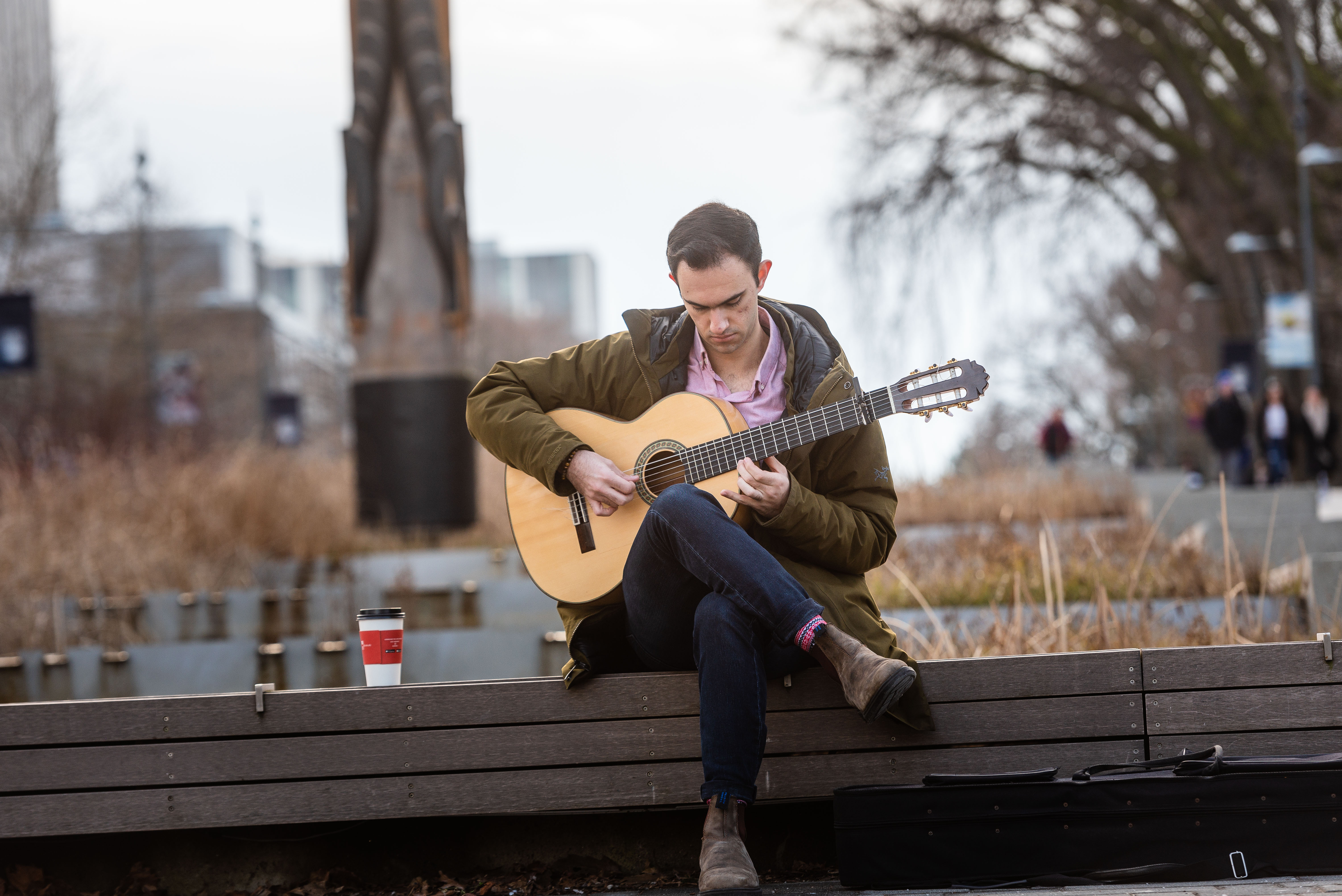Simple Habits That Make a Difference
September 19, 2025

September 19, 2025

The start of a new academic year is exciting! You may be meeting new people, attending social events, learning more about your passions, or simply enjoying the campus environment. Whatever makes up your days, it’s the perfect time to pause and think about how you want to move through the term.
While new beginnings are exciting, they can also be a little overwhelming because of how busy you might feel. Establishing a few simple routines can help you build a strong foundation for the months ahead.
Instead of jumping into a complete transformation of how you spend your time, you might start with small daily goals.
Consider starting each morning with organizing your to-do list. Having a clear plan can reduce stress and help you stay on track throughout the day.
Try to eat and drink regularly. Regular nutrition and hydration are the foundation of physical wellbeing. Throughout your day, fuel your body with consistent meals and snacks, and carry a reusable water bottle to stay hydrated.
Also, try to incorporate movement into your daily routine. Even small actions count like taking a short walk or using the stairs. Physical activity is linked to better academic performance and can boost attention, memory, and overall brain function.
It can be helpful to take a few minutes each day to pause. Breathe deeply, go for a mindful walk, or simply notice your surroundings. Practicing mindfulness can help you manage emotions, stay grounded, and build resilience for both university life and beyond.
Finally, try your best to prioritize sleep. Understandably, it can be difficult to create a calming wind-down routine before bed when you have an exam coming up or homework to complete. However, quality sleep has a major impact on both your physical and mental health. Start with small steps like reserving your bed for rest only or going to bed and waking up around the same time each day.

Change doesn't come from perfection, but from consistent effort. You don’t need to transform your life overnight. Expect bumps in the road and prepare for them.
Try using “if-then” plans to prepare for obstacles. For example, if I miss my morning walk, then I’ll take a short walk after dinner. Remember, a missed day is just a detour, not a failure. Check out the following tips for habit forming.
Make it obvious when and where your habit should happen. For example, add reminders to your calendar, keep your water bottle next to your desk to cue hydration, or attempt a physical activity right after closing your laptop for the day.
Connect the habit to things you already like. For example, if you prefer the outdoors, go for a walk or run in the park instead of hitting the gym. If you like music, play your favourite playlist while cleaning or studying. If you feel distracted, find something in the course material that sparks your curiosity.
Start small and build gradually. For example, meditate for 20 seconds instead of 20 minutes. Grab a quick protein shake instead of cooking a full breakfast. Simply remind yourself that doing something is better than nothing.
Share your goals with a trusted friend, family member, or classmate, and track your progress. For example, you may tell a supportive friend about the habit you’re building or write down both the good days and the tough ones.
Building habits takes time, patience, and practice. Small choices add up, and your efforts can lead to a term that feels more manageable, balanced, and meaningful.
You don’t have to get it perfectly, and you don’t have to do it alone. Keep showing up for yourself, celebrate the small wins, and trust that small progress is still progress, even on messy days. You’ve got this!
For additional resources, check out the following:
We honour xwməθkwəy̓ əm (Musqueam) on whose ancestral, unceded territory UBC Vancouver is situated. UBC Science is committed to building meaningful relationships with Indigenous peoples so we can advance Reconciliation and ensure traditional ways of knowing enrich our teaching and research.
Learn more: Musqueam First Nation